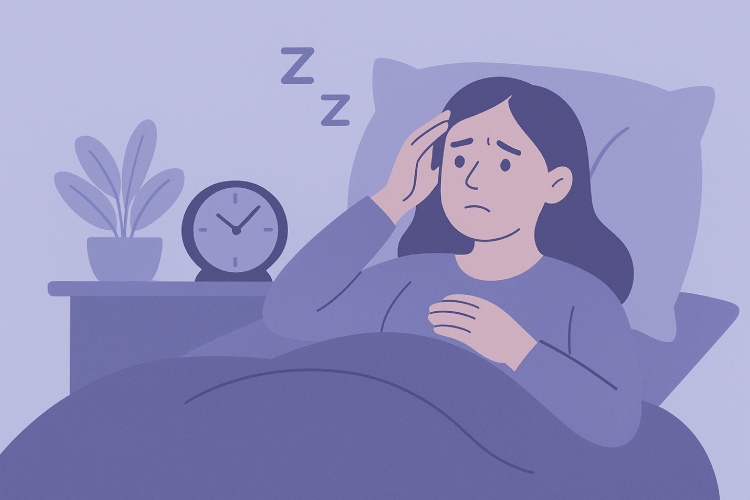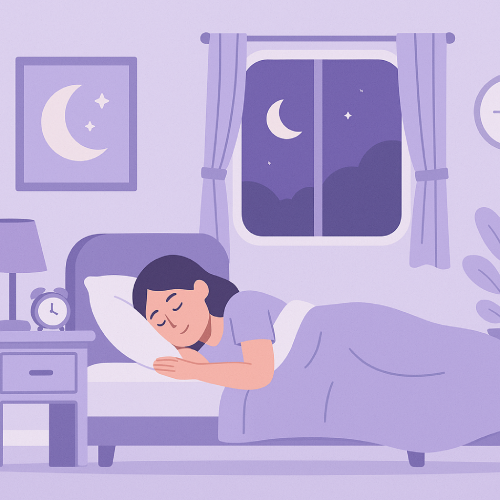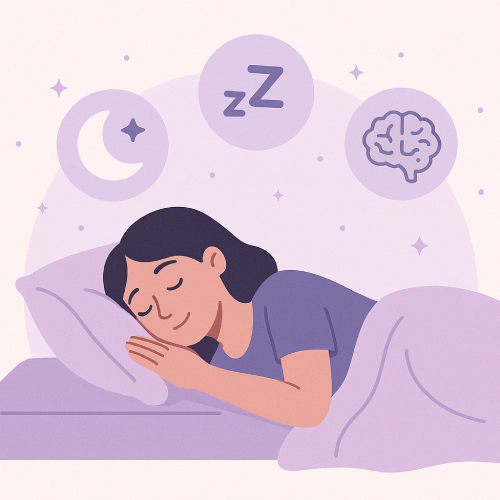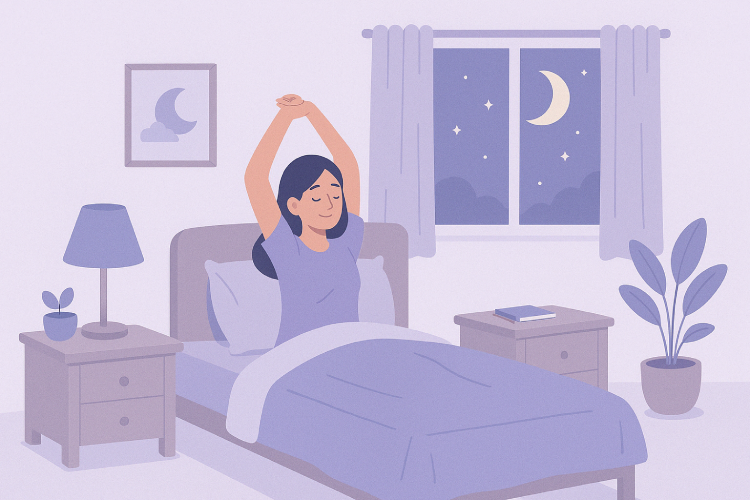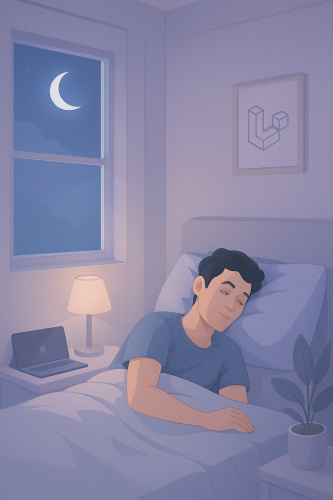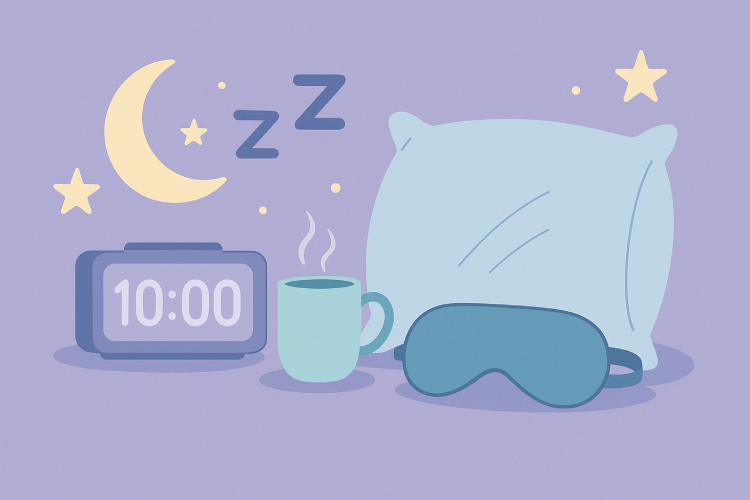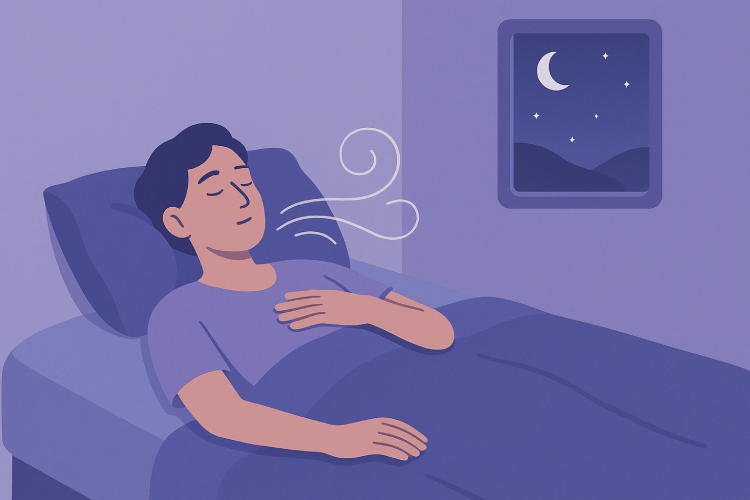Decoding the Sleepless Nights: Practical Tips to Combat Insomnia
That feeling of staring at the ceiling while the world outside sleeps can be incredibly frustrating. If you’re one of the many grappling with insomnia, you know the toll it takes on your energy, mood, and overall well-being. But take heart – while conquering insomnia isn’t always a quick fix, there are several effective strategies you can implement to reclaim your nights and welcome restful sleep.
This guide dives into practical tips and tricks rooted in sleep science to help you navigate the challenges of insomnia and pave the way for more peaceful slumber.
1. Establish a Consistent Sleep Schedule (Even on Weekends!):
Our bodies thrive on routine. Going to bed and waking up around the same time every day, even on your days off, helps regulate your body’s natural sleep-wake cycle, also known as your circadian rhythm. Consistency signals to your brain when it’s time to wind down and when it’s time to be alert. While the urge to sleep in after a restless night might be strong, try to limit it to no more than an hour to avoid further disrupting your sleep patterns.
2. Craft a Relaxing Bedtime Routine:
Think of your bedtime routine as a signal to your body and mind that it’s time to prepare for sleep. Start winding down about an hour before you plan to hit the pillow. This could include:
- Taking a warm bath or shower: The drop in body temperature after warming up can promote sleepiness.
- Reading a physical book: Avoid screens (phones, tablets, e-readers with backlights) as the blue light can suppress melatonin production, a crucial sleep hormone.
- Listening to calming music or a podcast: Opt for low-key sounds that don’t require intense focus.
- Practicing gentle stretching or meditation: These can help release tension and calm your mind.
- Sipping caffeine-free herbal tea: Chamomile or valerian root tea are often recommended for their relaxing properties.
3. Optimize Your Sleep Environment:
Your bedroom should be a sanctuary dedicated to sleep. Consider these factors:
- Darkness: Make your room as dark as possible. Use blackout curtains if necessary to block out external light.
- Quiet: Minimize noise. If you live in a noisy environment, consider using earplugs or a white noise machine to mask disruptive sounds.
- Temperature: Keep your bedroom cool. A slightly cooler temperature (around 60-67 degrees Fahrenheit or 15-19 degrees Celsius) is generally optimal for sleep.
- Comfort: Ensure your mattress, pillows, and bedding are comfortable and supportive. If your sleep gear is old or uncomfortable, it might be time for an upgrade. (Check out our reviews in the “Sleep Accessories” section for some recommendations!)
4. Be Mindful of What You Consume:
What you eat and drink, especially in the hours leading up to bedtime, can significantly impact your sleep:
- Caffeine: Avoid caffeine (found in coffee, tea, soda, and even some chocolates) for at least 4-6 hours before bed.
- Alcohol: While alcohol might initially make you feel drowsy, it can disrupt your sleep later in the night, leading to fragmented and poor-quality rest.
- Heavy Meals: Avoid large, heavy meals close to bedtime as they can lead to digestive discomfort that interferes with sleep.
- Nicotine: Nicotine is a stimulant and can make it harder to fall and stay asleep.
5. Manage Worry and Anxiety:
Often, racing thoughts and worries are major culprits behind insomnia. Try these techniques:
- “Worry Time”: Designate a specific time earlier in the evening (e.g., 30 minutes) to actively think about your worries and even jot them down. This can help prevent them from flooding your mind when you’re trying to sleep. Once your “worry time” is over, try to consciously put those thoughts aside.
- Mindfulness and Meditation: Practices like mindfulness and meditation can help you focus on the present moment and reduce rumination. There are many guided sleep meditations available through apps or online.

